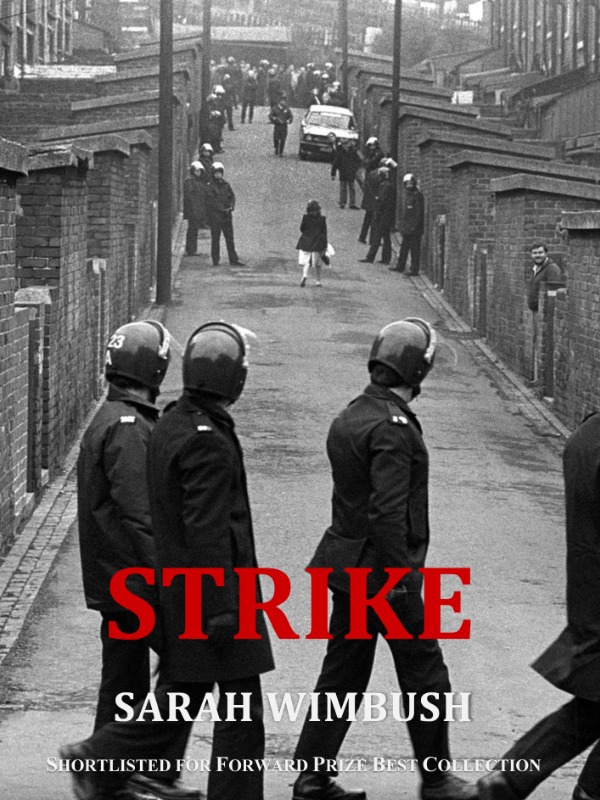

Steve Whitaker, Features Writer
Poem Of The Week: Thatcher By Sarah Wimbush
Thatcher
Her Majesty
of backcomb and pearls.
Blonde bombshell, iron-handbagged
and twice the man.
No milk monitor here; eyes sapphire
and Caligula,
hoarder of bituminous and DSS payments.
Who is the mob?
Who are the enemy within?
Pit villages Prometheus Bound
by Back-to-Work incentives: redundancy, bribery,
sell-your-soul Christmas bonus –
her puppeteering,
her bloody woman’s hands.
Her Majesty
of backcomb and pearls.
Blonde bombshell, iron-handbagged
and twice the man.
No milk monitor here; eyes sapphire
and Caligula,
hoarder of bituminous and DSS payments.
Who is the mob?
Who are the enemy within?
Pit villages Prometheus Bound
by Back-to-Work incentives: redundancy, bribery,
sell-your-soul Christmas bonus –
her puppeteering,
her bloody woman’s hands.

Sarah Wimbush’s ‘Thatcher’ yields a brutally efficient picture of the major architect of the Miners' Strike in microcosm, taken from the perspective of a natural antagonist, a poet (there is no distinction between narrator and poet here) who emerged, by culture and by birth, from the mining district of South Yorkshire.
Wimbush’s taut lines are pregnant with meaning and association, condensing character, disposition and effect in an inventory of signifiers that detonate like concealed landmines. And here, the ‘Iron Lady’ is depicted as an autocrat in ironic façade, a figure who might be ridiculous were she not so divisive, a figurative and literal ‘bombshell’ hidden behind the equipage of a carefully curated appearance. François Mitterand’s impression of Thatcher as possessing ‘the eyes of Caligula and the mouth of Marilyn Monroe’ is revisited in the poem, precisely informing the paradox of demeanour and intention that, by turns, seduced and repelled even the most hard-bitten of cabinet subordinates.
But most, as befits the emotional pull of the poem, we see the ravaging effects of policy that indelibly marked its victims and distorted the prevailing view, turning pickets into the ‘mob’, colliers into the ‘enemy within’, and a grocer's daughter into Lady Macbeth.
More information here.